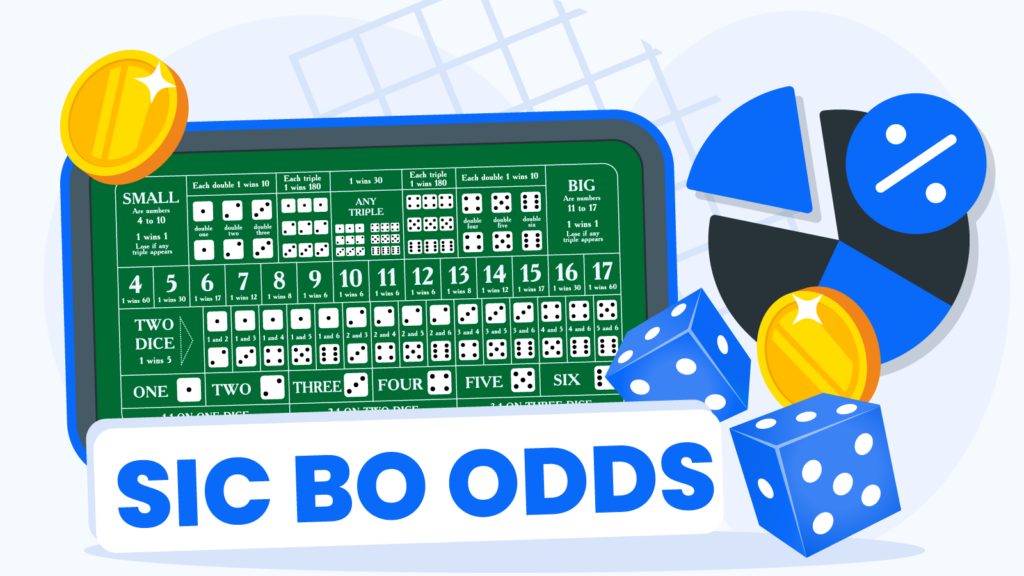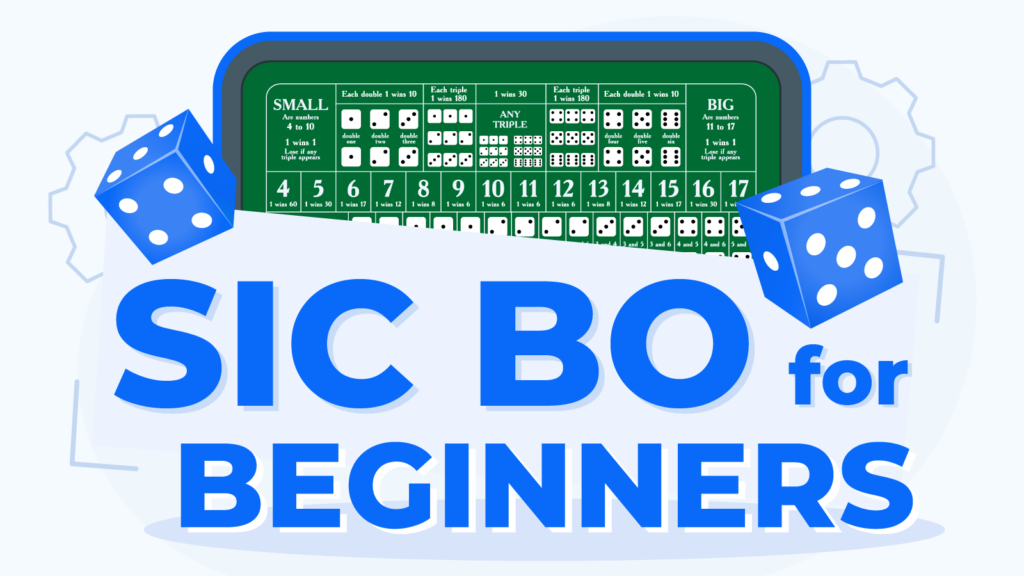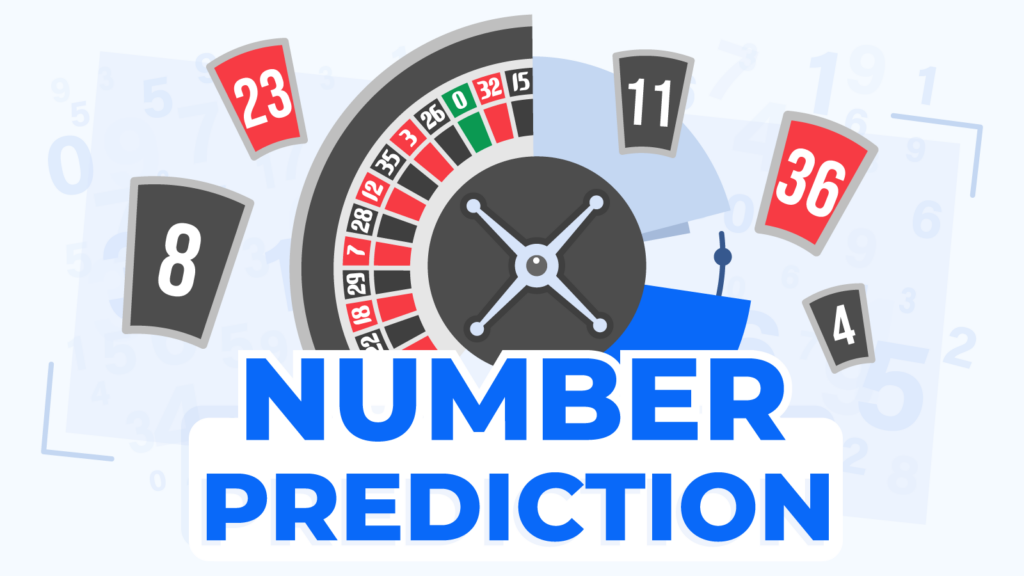
D'Alembert Roulette Strategy | Examples and Tips
All the information in this page was checked by:
Every piece of information we present is rigorously verified by our team of experts using multiple credible sources, ensuring the highest level of accuracy and reliability.
We have paid partnerships with the online casino operators featured on our site. We may also earn commissions when users click on certain links. However, these partnerships do not affect our reviews, recommendations, or analysis. We remain impartial and committed to delivering unbiased gambling content. For more details, visit our Advertiser Disclosure page.
Low-risk doesn’t mean no risk. CasinoAlpha’s testers lost £8 per session using D’Alembert, despite “safe” bets. Discover why no system erases the house’s math advantage.
- How Does d’Alembert Strategy Work?
- Moving Past Theory With Tips for Practical Use
- Possible Drawbacks of d’Alembert
- Sd’Alembert in Action: How This System Works
- Extra Tips From CasinoAlpha’s Experts
How Does d’Alembert Strategy Work?
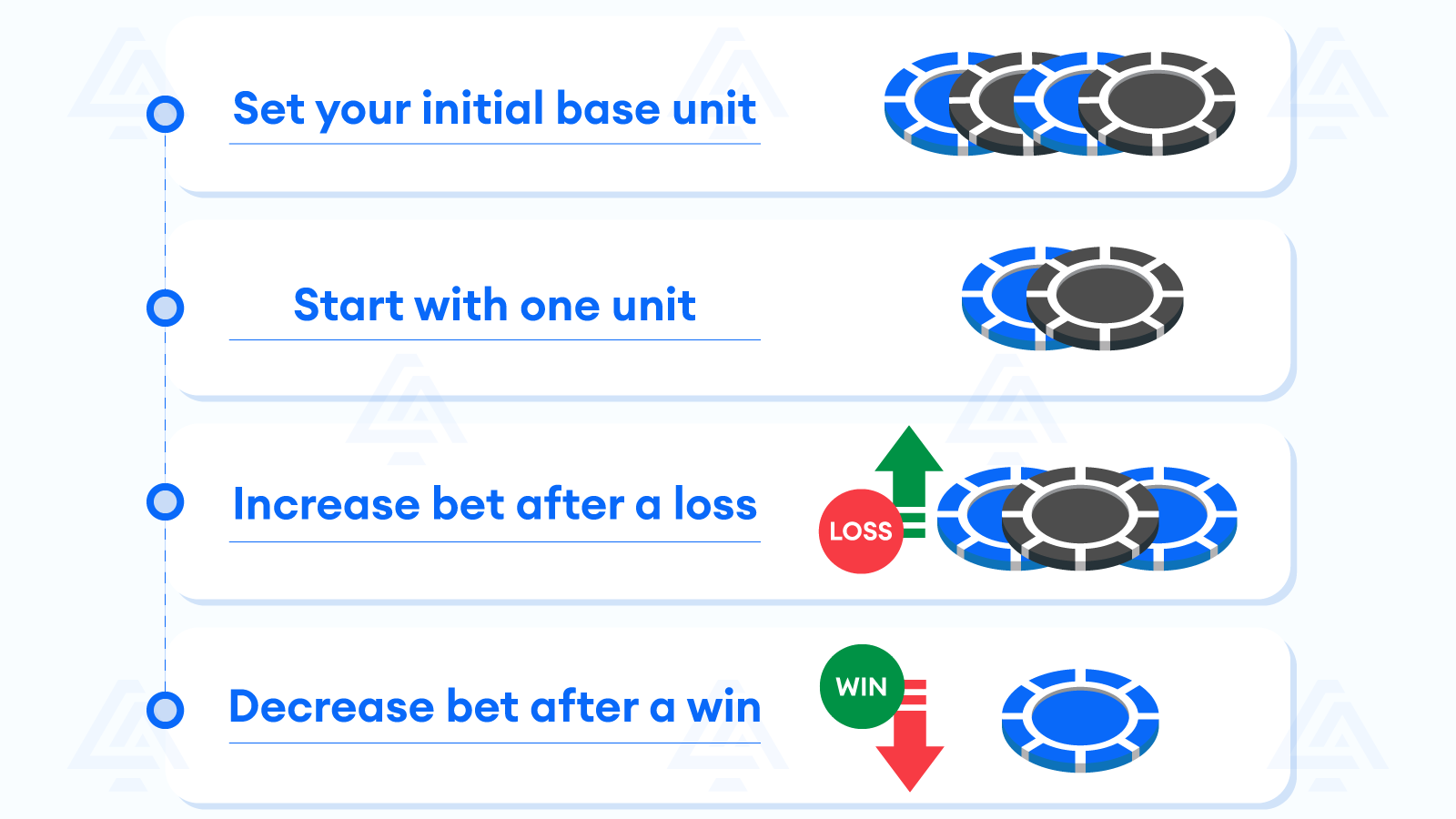
The Basics for the d’Alembert Method
- Bet 1 unit more after each loss
- Bet the same amount if your previous wager resulted in a tie
- Bet 1 unit less after each win
Negative progression roulette strategies
- Similar to the Martingale, Labouchere and Fibonacci roulette systems, D’Alambert involves a negative progression
- Comparing it to all these other systems, it is much less aggressive
- That makes the d’Alembert method ideal both for casual players and high rollers
Set your initial base unit
- Determine your base betting unit by dividing your bankroll into equal parts
- Only then can you start calculating your D’Alembert system bets
- Recommended unit size – Since you are just starting with the strategy, we recommend going for 1-2% of your total bankroll.
When you thoroughly learn the hang of it, you may go for up to 5%.
Start with one unit
Your one-unit wager will be the first bet in a cycle of bets that follow according to the progression rules. For example Your bankroll of £500 would be divided into parts or units of 2%. In that case, 1 unit would be 2% of £500 = £10. So, your first bet would also be £10. If you don’t follow the progression rules and wager amounts by the book, you risk facing negative results. That holds for most gambling strategies and guides we present.
Increase bet after a loss
Suppose your wager is lost. In that case, you must increase your next stake by 1 unit. In keeping with the above example, your next wager would be £20. What if your bet results in a tie? In such situations, you should repeat the same stake for the next round. Are there ties in roulette? A tie is when, for any reason, you get your wagered money back. It may happen due to the ’En Prison’ rule of French roulette, but not exclusively. For instance, if they’re fair, UK online casinos‘ Terms will state that they return money on certain bets when technical errors occur.
Decrease bet after a win
The second core rule of this betting system is you must lower your stake after a win. Remember the progression Keep increasing your stake or decreasing 1 unit as long as your winning or losing streak continues.
Moving Past Theory With Tips for Practical Use
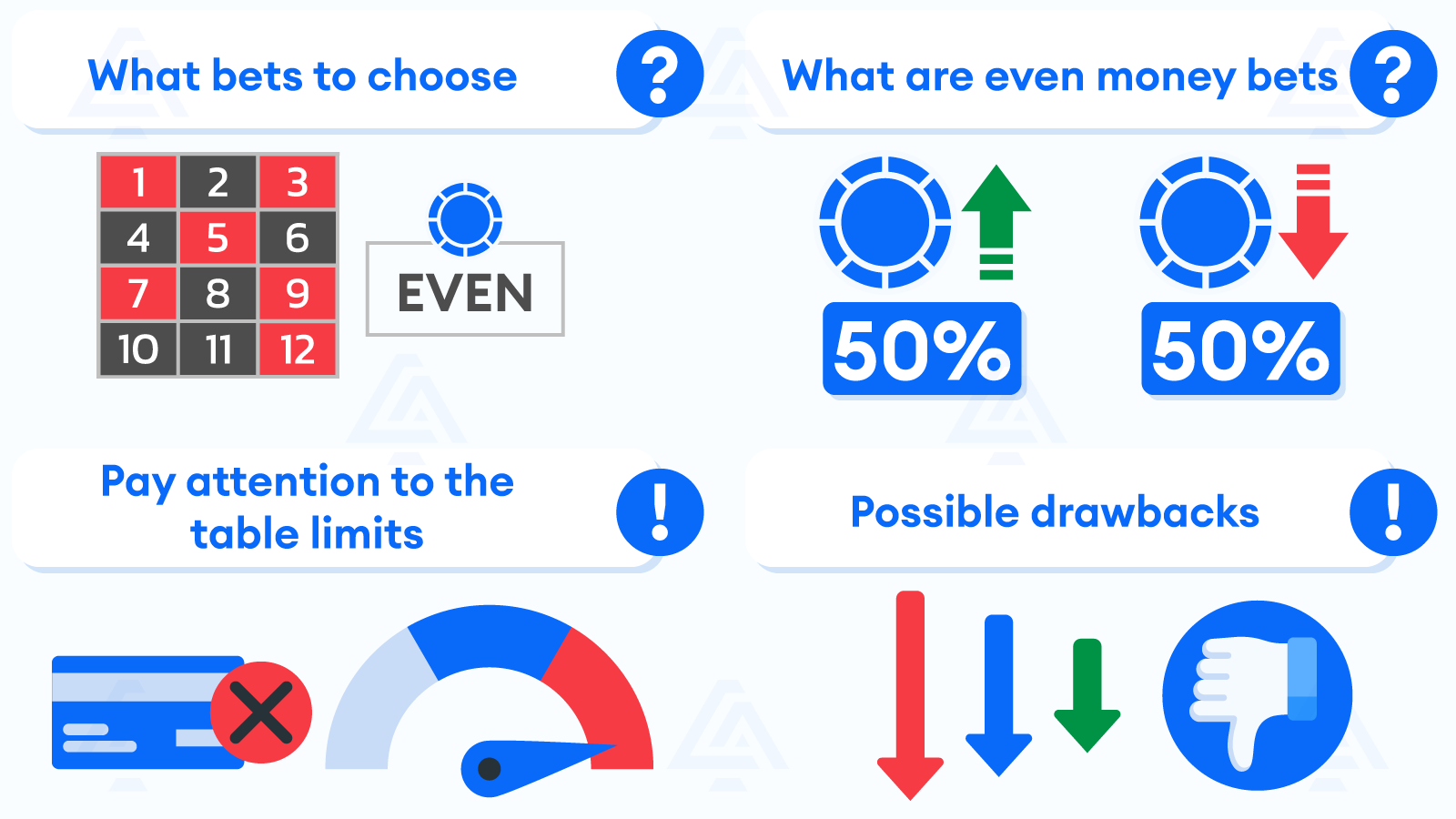
What bets to choose for the d’Alembert roulette strategy
Gambling experts believe that the d’Alembert system works best with bets that give you the highest chances of winning. Since they give you almost a 50% chance of winning, even-money bets are the most commonly used for this strategy.
What are even money bets?
Even-money bets may seem like tossing a coin for the uninitiated. You always stand a 50%-50% chance of winning because the event is equally likely to happen. Or at least that’s how it seems. Roulette is a bit different Your chances are only roughly equal when you place even money bets. Remember, the 37 roulette numbers include the infamous 0, accounting for your roulette casino’s 2.7% house edge. On any roulette spin, Red numbers would appear approximately the same number of times Black numbers would appear in a roulette game. And the same would happen with outcomes like:
- Evens/Odds
- High/Low numbers
Pay attention to the table limits for your progression
Usually, casinos attach wagering limits to their roulette tables either in the spirit of responsible gambling or to prevent players from using progression betting systems entirely. Several high stakes online roulette casinos forbid roulette betting strategies as cheating. Fortunately, there are enough options on the market with a more player-centered approach. It’s advised that you read your casino’s Terms or ask Support to shed light on their policy on staking strategies. That way, you can easily prevent a letdown if the usage of betting systems turns out to be banned or frowned upon. The top-ranking platforms in our European roulette casinos UK list have a more liberal approach to roulette strategies. We’ve seen a significant percentage of online casinos limit outside roulette bets to 10% of the table’s limit in some games.
Possible Drawbacks of d’Alembert
Suppose we’ve found a high rollers’ live roulette table with a £5000 maximum betting limit. The player in this scenario is on a losing streak. At some point during the progression, there’s a chance that they must wager £5000 or more during the next round. If that’s the case, the strategy becomes ineffective because you’re forced to win consecutive max bets, which is impossible. If you start with lower betting units, you will mitigate much of the system’s volatility. Lower your unit to 1% while you’re in practice mode. Only increase your base unit when you become more accustomed to the method.
Sd’Alembert in Action: How This System Works
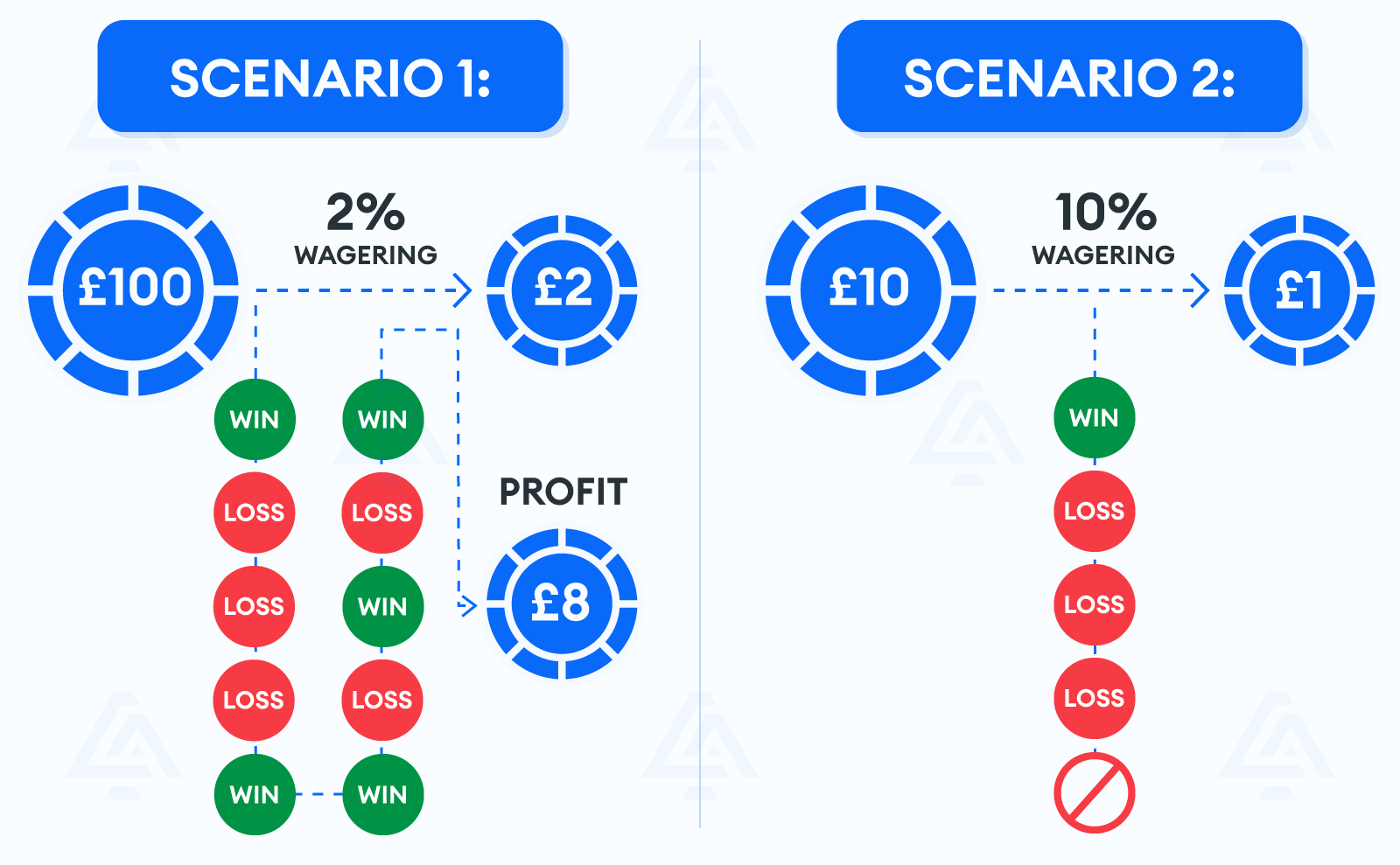
Scenario 1: When the system works
- Starting bankroll: £100
- Betting unit: £2
- Number of rounds: 10
| Round number | Betting decision | Round outcome | New bankroll |
|---|---|---|---|
| 1 | £2 | Win | £102 |
| 2 | £2 | Loss | £100 |
| 3 | £4 | Loss | £96 |
| 4 | £6 | Loss | £90 |
| 5 | £8 | Win | £98 |
| 6 | £6 | Win | £104 |
| 7 | £4 | Loss | £100 |
| 8 | £6 | Win | £106 |
| 9 | £4 | Loss | £102 |
| 10 | £6 | Win | £108 |
- Suppose you claim an offer from a live casino on our list
- Your original £50 deposit becomes £100 due to a 100% matchup
- You pick the recommended 2% unit (£2) and start wagering
- The first bet was a win, so you’ve got a profit of £2
- From then on, you continue with the D’Alembert method
- After 5 winning and 5 losing outcomes, you still come out with a profit of £8
Scenario 2: when the system doesn’t work
- Starting bankroll: £10
- Betting unit: £1
- Number of rounds: 5
| Round number | Betting decision | Round outcome | New Bankroll |
|---|---|---|---|
| 1 | £1 | Win | £11 |
| 2 | £2 | Loss | £9 |
| 3 | £3 | Loss | £6 |
| 4 | £5 | Loss | £1 |
| 5 | N/A | N/A | £1 |
- Now imagine you’ve claimed some registration no deposit money from our latest verified casino addition
- You have £10 to play roulette, and your unfortunate unit is £1
- At the same time, it represents a whopping 10% of your bankroll
- After a mere 4 rounds of roulette gameplay, you cannot apply the strategy further
- It only took 3 consecutive losses, and you’ve exhausted your bankroll
Play like an expert
- This scenario showcases what may happen if you don’t have a proper budget plan
- It’s vital to keep your unit size on the low end (1-2%) to prevent draining your funds too quickly.
- With a 10% unit size, no matter how large a bankroll, the same would have occurred
- Try to see each bet as a percentage amount of your bankroll, not as the actual monetary amount
Odds for a crushing streak of losses
In European roulette, the odds of losing an even money bet are 19/37. Example
- Suppose you bet 1 unit on Red/Black
- The ball has 19/37 odds to land in the green zero pocket
- So, the chances of losing by betting on Red/Black are 19/37
- In other words, there are 19 ways to lose out of 37 possible outcomes
The chance of having three consecutive losses with Red is calculated as follows: 19/37 x 19/37 x 19/37 = 6859/50653 = 1/7.38 On average, that means you will encounter 3 consecutive losses with even-money bets once per every 7.4 streaks.
The d’Alembert roulette betting system cannot curb the house edge
It is essential to remember that no roulette systems can influence the house edge of your bets. The casino will still take their 2.7% cut from a live European roulette variation or as low as 1.35% with certain bets in French roulette. A Live Casino’s RNG entirely determines the result of any roulette spin. The guaranteed randomness makes it fair. While you can experience a series of wins, it is not uncommon to find yourself on a losing streak.
Extra Tips From CasinoAlpha’s Experts
- Practice with roulette bonuses and only choose reputable online casinos
- Pick a roulette table with low betting limits
- Keep in mind that large live casino bonuses may not be eligible for use in high-stakes rooms
- Set your initial bet and bankroll, and remember the recommended range of 1-2% per stake
- Now it’s the best time to set up your responsible betting limits
- Start with the smallest unit allowed at the table
- Don’t look for patterns in winning numbers, and avoid the gambler’s fallacy
- Create a safety net by choosing cashback bonuses to get back some of your losses in case they occur
- Test the system using demo versions and study before playing with real money
- We strongly advise our UK players to first study the Roulette European wheel‘since that’s the most commonly featured online




